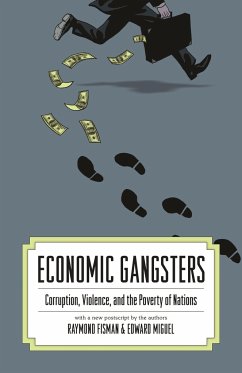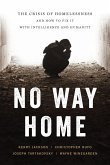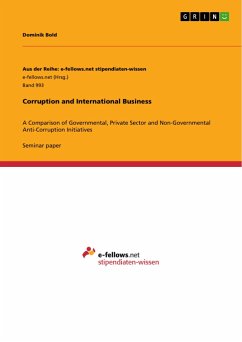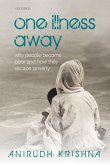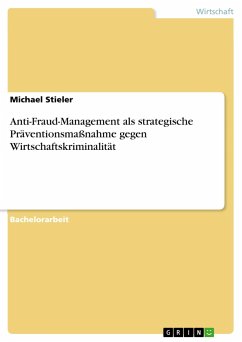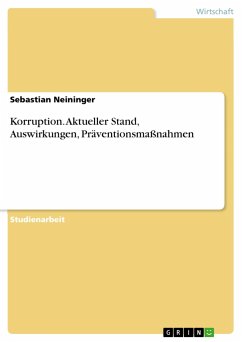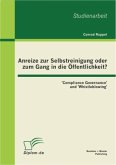"I already knew Fisman and Miguel were the best and the brightest in the new generation of development economists. Now I know they are great writers--and great detectives. They find ingenious ways to get inside the issues of corruption and violence that leave behind the tired analyses of the past. It's a lively tale that nobody concerned about world poverty or violence can afford to miss."--William Easterly, author of The White Man's Burden "Economic Gangsters reveals the important connections between poverty, crime, and corruption, helping us to see what a small and intertwined world we live in."--Dan Ariely, author of Predictably Irrational "Economic Gangsters is a fascinating exploration of the dark side of economic development. Two of the world's most creative young economists use their remarkable talents for economic sleuthing to study violence, corruption, and poverty in the most unexpected ways. Subjected to their genius, seemingly inconsequential events (like New York City parking tickets and Suharto's catching a cold) become potent tools in understanding how the world really works. Rarely has a book on economics been this fun and this important."--Steven D. Levitt, coauthor of Freakonomics "Those who love to pontificate, unconstrained by data, about the nature of human evil, will hate this book. It takes on corruption, murder, and civil wars, and shows us, step by step, how economic methods, creatively used, can help us find relevant data in unexpected places, data that makes it possible to offer rigorous (and sometimes surprising) answers to questions that, hitherto, had been consigned to the realm of pure speculation." --Abhijit Banerjee, director of the Abdul Latif Jameel Poverty Action Lab at the Massachusetts Institute of Technology

